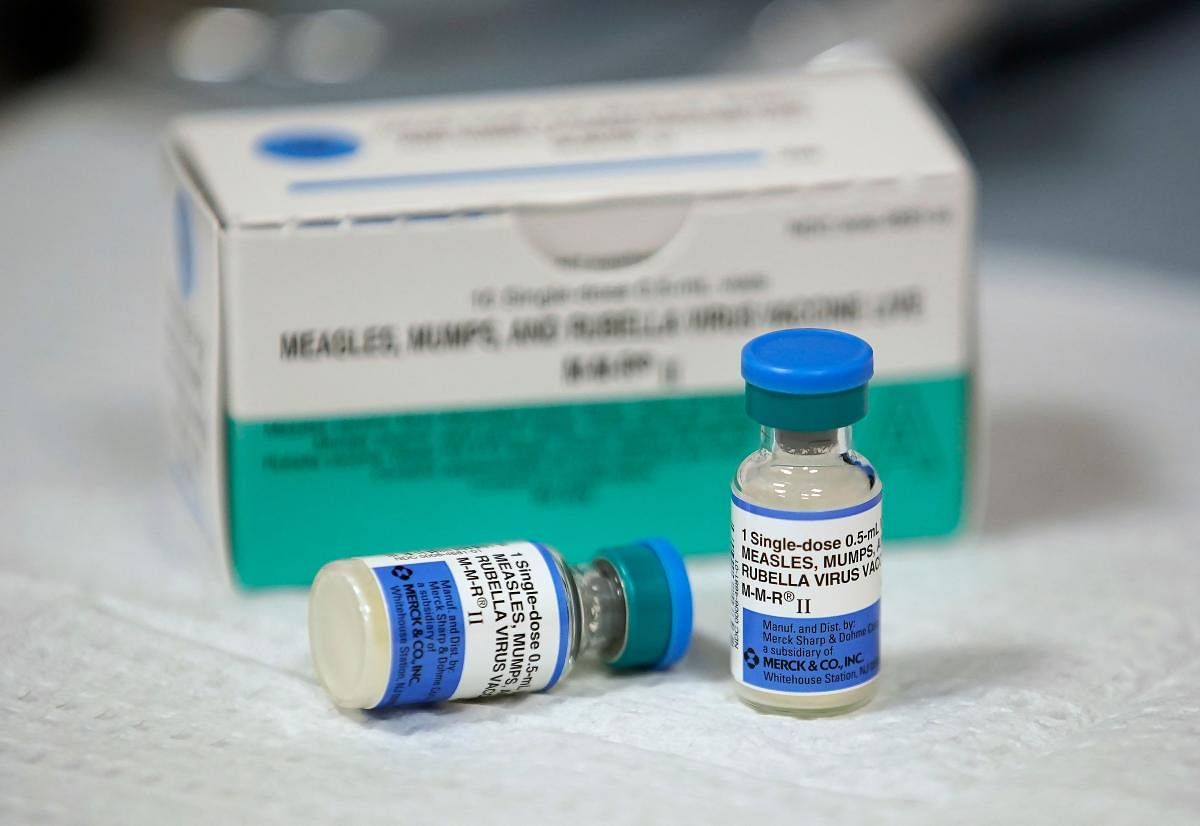
Infection by the measles virus causes long-term damage to the immune system, and makes people vulnerable to other infections, according to a study which cautions parents to vaccinate their children against the highly contagious airborne disease.
The researchers, including those from the Howard Hughes Medical Centre in the US, analysed blood from 77 unvaccinated children from the Netherlands before and after a measles outbreak swept through their community.
The results of the study, published in the journal Science, revealed that the virus erased the memory of previous pathogens from the children's immune system.
The researchers said that the virus had eliminated between 11 and 73 per cent of the children's protective antibodies - the proteins in the blood that remembered past encounters with viruses, and helped the body avoid repeat infections.
Children lose much of their immune defences and become vulnerable to viruses they'd already met and conquered, the study noted.
When the researchers repeated the experiment in four macaque monkeys, collecting blood samples before and up to five months after infection, they found that the monkeys lost about 40 to 60 percent of the antibodies that could protect them from other pathogens.
"The virus is much more deleterious than we realised, which means the vaccine is that much more valuable," said study co-author Stephen Elledge from the Howard Hughes Medical Centre.
According to the researchers, the measles virus resets the immune system to an immature state that can only make a limited variety of antibodies against diseases.
They said measles makes it difficult for the immune system to respond to any new infections increasing the risk of secondary diseases in the future.
In some children, the researchers said that the effect was so strong it was similar to being given a powerful dose of immunosuppressive drugs.
"Our study has huge implications for vaccination and public health as we show that not only does measles vaccination protect people from measles, but also protects from other infectious diseases," said Colin Russel co-author of the study from the University of Amsterdam.